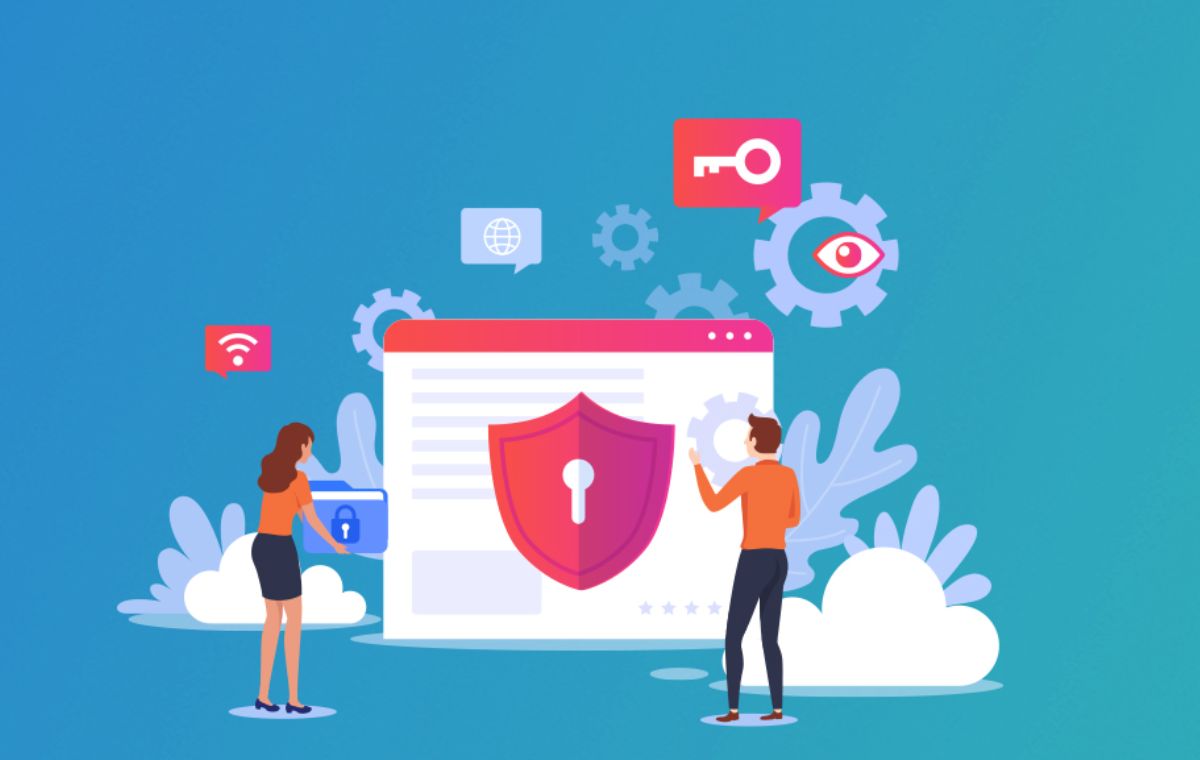You probably know that there are risks involved when using any website or app. Your personal information could be compromised in a security breach, and you may be at risk of identity theft as a result.
Every year, 71.1 million people become victims of cybercrimes. Because so many people have experienced these problems, it’s natural to be wary of them. However, there are ways to protect yourself from these digital risks.
This article will discuss some useful tips on how you can avoid security breaches when using websites or apps.
Use Strong Passwords
One of the most important things you can do to protect yourself from security breaches is to change your passwords regularly. Many breaches occur when someone has stolen login details for an account, such as your email account, social media account, or even an online banking account. If someone knows your password, they can log in to your account whenever they want, and your personal information is in danger.
Besides changing your password regularly, you should also avoid using personal information like your nickname as a password. This type of information might be available to the public and can be easily stolen. If you have trouble coming up with a password, you can try using password management apps. This type of software can usually generate passwords for you and store them securely, so you’d always have strong passwords for all your accounts.
Do Not Click on Links You’re Not Sure of
Always be careful with links. If you receive a link via an email or social media post, do not click on it right away. Hover your cursor over the link to see where it directs you, and whether it matches the sites you usually use. If you do not recognize where the link leads, do not click on it.
The same goes for links coming even from a trustworthy source. If you are not sure where it goes, avoid clicking it, or you can use a service like VirusTotal or Sucuri to scan it and see where it leads.
Use a VPN
Using a virtual private network (VPN) can help protect your privacy from identity thieves and hackers when you connect to public WiFi networks. A VPN encrypts all the data you send through a public network, which means others can not see what websites you are visiting or what type of data you are transferring.
VPNs also often have extra security features to help prevent data breaches, such as malware blocking and an automatic kill switch. A VPN will help keep your data safe and protect you from identity thieves.
Start Using Cloud Storage
A smart strategy to safeguard your data against cyberattacks is by using secure cloud storage services. You can keep your files in secure storage and access them from any location with an internet connection. Aside from secure storage, cloud storage can be utilized for a variety of other purposes.
For instance, it’s useful for backing up your data. Cloud storage is also a great way to share files with others. You can upload files to the cloud and then send them to other people by email or through cloud storage/file-sharing providers.
Additionally, if hackers still gain access to your files, steal, and delete your data, or if your computer crashes accidentally, your data will still be available through your cloud storage thanks to the automatic backups.
Conclusion
This quick guide should help you start browsing the web more safely and get the most out of your online experience. Remember: if something does not feel right, it’s probably not. Your identity and privacy are more important than any purchase or interaction with a site or app.
Recommended Deals
[content-egg module=AmazonNoApi template=list]



































